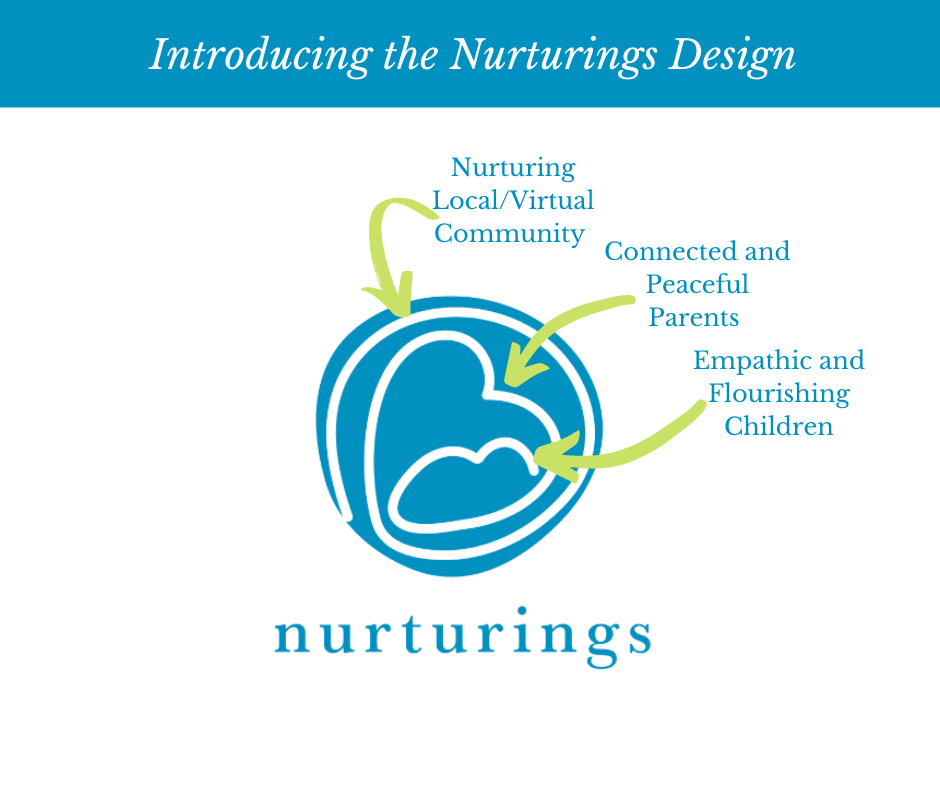Nurturings (Attachment Parenting Internationals) is pleased to sign on to the PUMP Act!
The Break Time for Nursing Mothers law, passed in 2010, requires employers to provide break time and a private, non-bathroom space for lactating employees to pump during the workday. The PUMP for Nursing Mothers Act would close the coverage gap that leaves 1 in 4 women of childbearing age unprotected by this important legislation. You can read all about the PUMP Act here.









